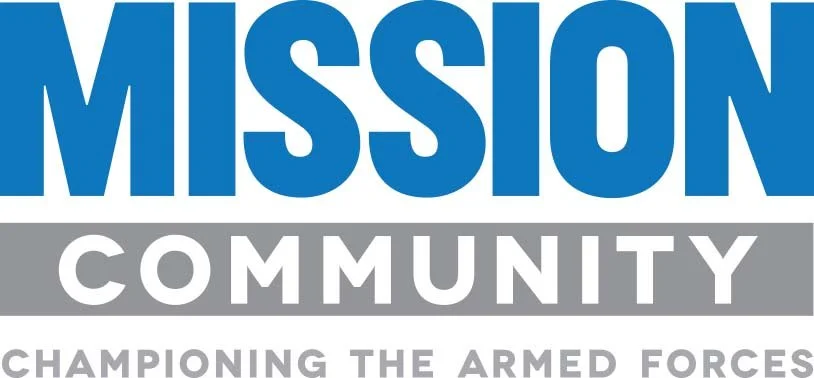Unleashing the potential of the Armed Forces Covenant
At Mission Community, we are all about championing the Armed Forces community in society. One way we do this, is through our Veterans Industry Engagement Programme, a collaboration between the third sector, industry and government (via the Office for Veterans' Affairs and funded by the Armed Forces Covenant Fund Trust ). Behavioural change within industry, is just one way in which we can measure the efficacy of our sector engagement approach, and we have seen great success within our own initiatives within automotive and renewable, with many allied companies in these sectors exhibiting the kinds of exemplar behaviours you might expect to see. One such tool we readily deploy, is the Armed Forces Covenant, and there has been a lot of debate around this topic on LinkedIn and within Parliament of late, but it still remains a good measure of positive behavioural change.
This article sets how to explain some of the fundamentals.
Despite over 13,000 companies, organisations, local authorities and charities having signed the Armed Forces Covenant since it was enshrined in law through the Armed Forces Act 2011, it remains something that most people, when asked, would not necessarily have heard of. Why is this the case, and what more can industry do to champion its brand?
“Afterall, it has a very simple premise: that those who serve or have served in the Armed Forces, along with their families, are treated fairly and should face no disadvantage compared to other citizens with the provision of public and commercial services.”
In addition, employers can play their part by ensuring they understand the Armed Forces community when it comes to changing their processes, including asking a simple question ‘Have you Served,’ not discounting the changes when using AI tools as part of the employment process too. Often, it requires cultural understanding and explanations around the absence of specific qualifications, the presence of unusual terminology and in the case of spouses/partners, a gap in employment as they move around with their partners’ postings or deal with the challenges of bringing up children, sometimes single handed.
This is why the Covenant matters, as industry begins to comprehend the nuances of Service life. Imagine if this is helped by moves within sectors via their trade bodies and membership associations for their members to advocate too? This is what we set out to do at Mission Community via our sector initiatives, often known as ‘Missions’, and the Covenant remains a vital tool in this endeavour.
Signing the Armed Forces Covenant (which is not a legal document and can be updated at any time) is a process which can be carried out online simply and quickly. A template is provided, along with pledge examples and even guidance on bespoke pledges. See here: Home - Armed Forces Covenant . Various levels of support is available through Defence Relationship Management (DRM) Defence Relationship Management - GOV.UK
The Armed Forces Covenant acts as a gateway in starting a journey supporting Defence and those who have served, and their families. For sectors and organisations who make their communities ‘Armed Forces friendly’ to Veterans, Reservists, Cadet Force Adult Volunteers and spouses/partners, with recruitment and HR policies, there is an Employer Recognition Scheme providing public recognition of their support with Bronze, Silver and Gold levels to demonstrate and advocate to others to do the same. See here: Defence Employer Recognition Scheme - GOV.UK. The ultimate aim is for society to ensure equal access to opportunities for the Armed Forces community while harnessing the vast experience, skills and knowledge they bring with them for the good of individual employers, industry sectors and UK plc.
We at Mission Community remain on hand to advocate further still in a quest for society to do even more for those who have done so much for us.

